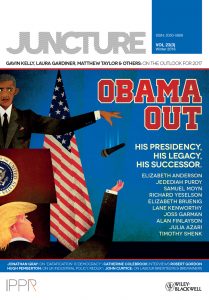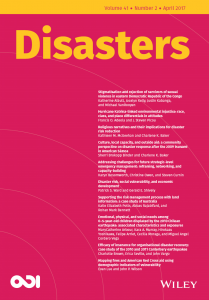You are what you swallow? Considering the moral implications of psychiatric diagnosis for children
It’s not easy to question things that have been life changing for some people. As more and more people seek or receive psychiatric diagnosis, it becomes a very personal thing to question its validity. When I wrote an opinion piece in 2023 suggesting moral implications associated with increasing psychiatric diagnosis of children, I felt nervous. Nervous of invalidating the experiences of others but also nervous of the implications of questioning medical hegemony without undermining the hard fought for systems of...








